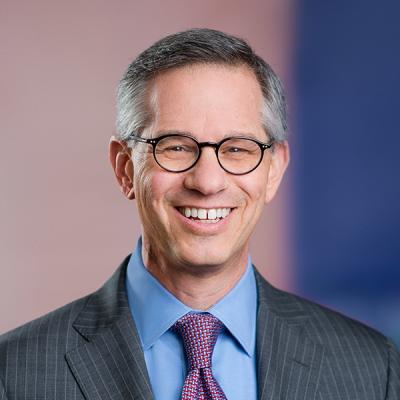Independent Oncology Group Reaches Deferred Prosecution Agreement, Agreeing to Maximum Statutory Penalty of $100 Million in Market Allocation Scheme
Yesterday the Department of Justice announced a deferred prosecution agreement resolving criminal charges against Florida Cancer Specialists & Research Institute LLC (“FCS”) in a 17-year market allocation scheme. FCS is a Florida privately held oncology practice with approximately 100 locations, which provided both medical oncology and radiation oncology treatments.
According to the Information filed contemporaneously with the announcement, the Department of Justice alleged that, at least as early as 1999 FCS agreed with an unnamed Company A, as well as others, to allocate the market for medical and radiation oncology treatments within Southwest Florida. In particular, DOJ alleged that FCS and Company A agreed that FCS would not offer radiation oncology treatments within Southwest Florida, while Company A would not offer medical oncology treatments in the same region. FCS and Company A were also alleged to have agreed that FCS would not employ radiation oncologists and that Company A would not employ medical oncologists. These types of market allocation schemes are per se unlawful under Section 1 of the Sherman Act (15 USC § 1).
As part of the deferred prosecution agreement entered into by the Department of Justice and FCS, FCS agreed to cooperate with the DOJ’s investigation of other companies related to this market allocation scheme. This means, FCS will produce documents to the Justice Department and make witnesses available to provide testimony, including at a federal criminal proceeding. Additionally, FCS agreed to pay the statutory maximum monetary criminal penalty of $100 million. The penalty was the largest ever for a wholly-domestic criminal antitrust case. FCS also agreed to a non-compete waiver. Under that waiver, FCS agreed not to enforce any existing non-compete provisions with its current or former oncologists or other employees who open or join an oncology practice in Southwest Florida. In addition to the federal criminal case, Florida Attorney General Ashley Moody also announced a $20 million settlement with FCS to settle alleged civil violations of the Florida Antitrust Act and the Florida Deceptive and Unfair Trade Practices Act.
This case is sure to get a lot of attention in the health care community as the Antitrust Division has not prosecuted a criminal case against physicians or hospitals in recent memory. Over the past few years the Division has charged several hospitals with allocating marketing territories, for example the 2015 charge against four Michigan hospital systems, and in 2005 alleged that two West Virginia hospitals allocated services albeit in collaboration with the state government. Additionally, both the FTC and Antitrust Division have brought cases against physician groups for boycotts against health insurance companies (see FTC and DOJ cases).
The Department of Justice has made clear over the past few months that the COVID-19 pandemic will not be a deterrent from prosecuting criminal antitrust matters. It continues to do so, seeking maximum allowable fines when appropriate. In this case, the FBI also noted the fact that FCS sought to take care of a particularly vulnerable population, stating “the FBI has no tolerance for medical providers who stand to profit by criminally exploiting cancer patients.” If you have any questions about market allocation schemes, this Viewpoint, or any other antitrust or competition law question, please feel free to contact any of the attorneys listed above.


